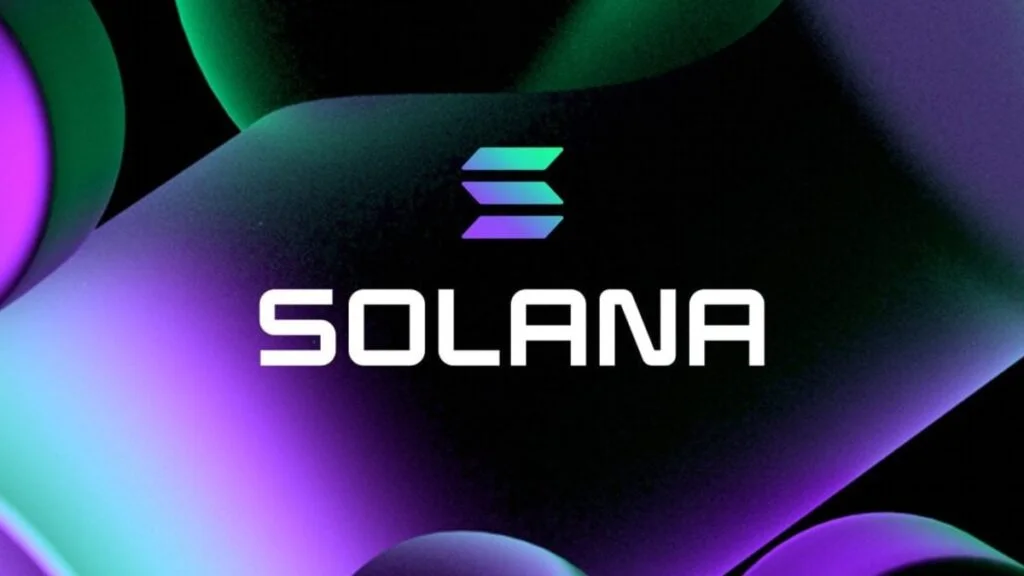The Solana Optimistic Network (SOON) has completed a funding round for its layer-2 scalability solution based on Solana, as indicated in an announcement on August 27.

The “co-builder” round, as it was referred to, exclusively sought funding from individuals, as opposed to venture firms. The participants comprise executives from Coinbase Ventures, Celestia, Avail, Solana Foundation, and Solana Labs.
Solana Optimistic Network Closes Funding
After a year-long decline that commenced in 2023, funding for Web3 ventures is now stabilizing. In the second quarter of 2024, crypto ventures secured approximately $2 billion in financing, according to Crunchbase.
According to the announcement, Solana Optimistic Network is intended to be a “high-performance, efficient rollup that enables settlement on any layer-1, utilizing the Solana Virtual Machine (SVM) as the execution layer.”
Solana Optimistic Network stated that the funds from the round will be used to support the development of its primary products, SOON Stack and SOON Mainnet. The quantity of financing that was raised was not disclosed.
An SVM layer-2 can be deployed on any layer 1, including Ethereum, Bitcoin, and Cosmos, with the SOON Stack, a modular framework that incorporates the SVM and OP Stack. The SOON Mainnet is a general-purpose SVM layer 2 deployed on Ethereum.
Joanna Zeng, co-founder and CEO of Solana Optimistic Network, stated, “Our goal with SOON is to integrate the power engine of Solana, SVM, with the liquidity and user base of other L1s and to establish SVM as the standard for all L1 ecosystems. This will enable developers restricted by the execution environment to provide the best possible user experience.”
SOON is intended to be compatible with data availability (DA) layers, such as CelestiaDA, EigenDA, and Avail.
The cost of securely storing and accessing transaction data has been a significant impediment for layer-2 scaling chains. In March, Ethereum’s Dencun upgrade was implemented to resolve this matter by implementing transient off-chain data stores known as “blobs.” Other protocols, including EigenDA and Celestia, provide competing solutions.
